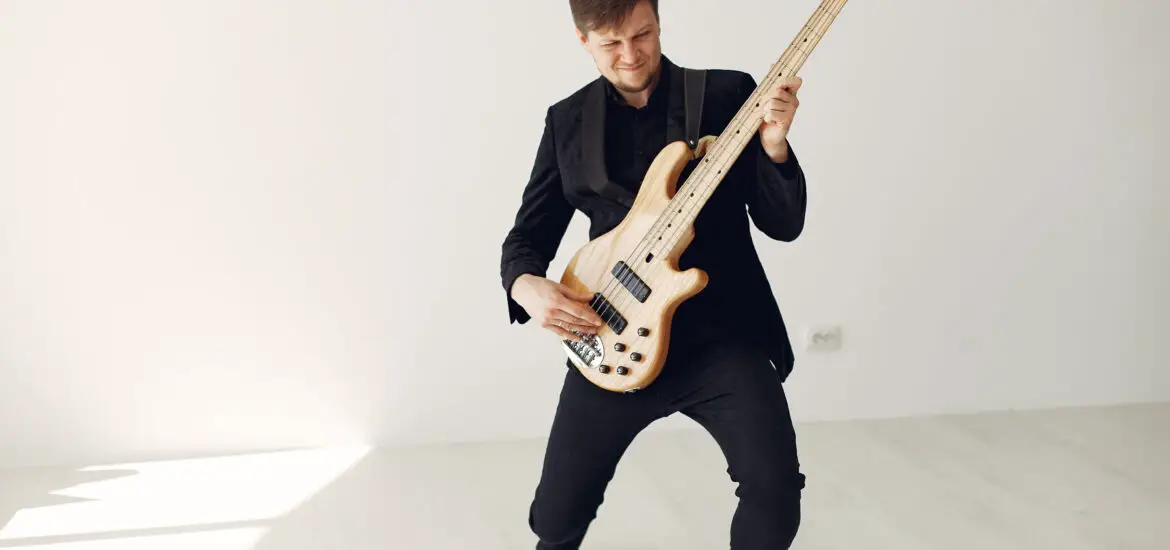If you’ve ever walked into a guitar shop, you may have wondered “why is Stairway to Heaven called the forbidden riff?”. This article aims to shed light on the reasons behind this peculiar cultural phenomenon.

The History of the Riff
Let’s start with the basics. The riff in question comes from Led Zeppelin’s iconic 1971 song “Stairway to Heaven.” The song has gained immense popularity and is often cited as one of the greatest rock songs ever.
Why is it Considered Forbidden?
It’s important to clarify that the term “forbidden riff” is more of a cultural trope rather than a hard rule. The main reason it gained this label is that it’s often played by beginners in guitar shops to showcase their skills, much to the annoyance of the staff and other customers.
Read more guitar topics here – Guitar Questions: Get the Right Answers to Your Burning Questions
Legal Issues
Another factor contributing to the ‘forbidden’ status is the legal controversy surrounding the song. Led Zeppelin faced a copyright lawsuit alleging that they lifted the riff from the song “Taurus” by Spirit. However, they won the lawsuit, clearing the way for the song to continue its legendary status.
Cultural Significance
Lastly, the term speaks to the song’s ubiquitous presence in popular culture. It is so frequently played and referenced that some people consider it overexposed, which adds to the notion of it being ‘forbidden’ to play, especially in public settings like music stores.
Why is Stairway to Heaven Called the Forbidden Riff?: Conclusion
The question “why is Stairway to Heaven called the forbidden riff” is more of a cultural phenomenon rooted in the song’s history, legality, and omnipresence in popular culture. Knowing this, you’re better equipped to understand the complexities of this legendary tune.